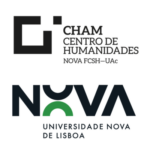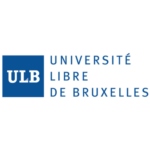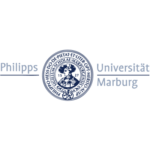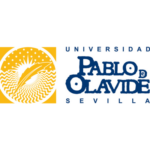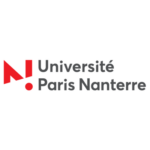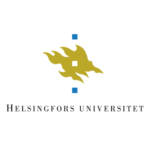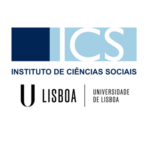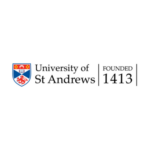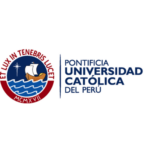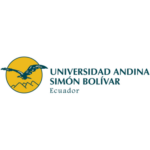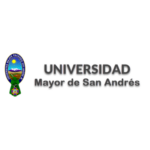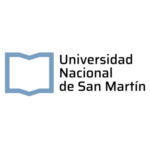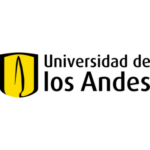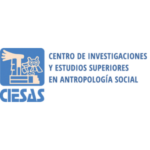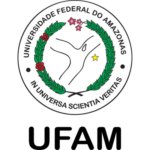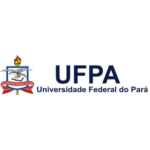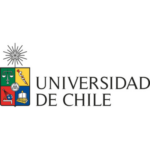Team
Université Paris Nanterre (UPN) France

Aline Hémond
TEAM LEADER
- ahemond@parisnanterre.fr
Full professor and researcher of anthropology at the UPN (France) and presently chair of the Department of Anthropology. She is a member of the Centre for Teaching and Research in Amerindian Ethnology (EREA) and the Laboratory of Ethnology and Comparative Sociology (LESC-EREA, CNRS and UPN). She received her PhD in Anthropology and Ethnology from the UPN (1998). She has been working among the Nahua populations of Mexico for over 30 years and has been collaborating with Mexican and indigenous migrant artists in Chicago and New York since 2014. She specialises in the anthropology of art and indigenous artists, the anthropology of rituals, and the political anthropology of indigenous movements in Mexico. She is also a scientific advisor and co-curator of exhibitions related to her areas of expertise.

José Manuel Moreno Carvallo
INVESTIGATOR
- manuelmoreno_8212@yahoo.com.mx
PhD student in social anthropology at the UPN. Since 2011, he has realized fieldwork in the region of Texcoco, State of Mexico, focusing his research on topics such as the functioning of bilingual schools (Nahuatl-Spanish), ritual dances and social organization, environmental impact and megaprojects, and effects of the pandemic on religious festivities. His academic training has been in visual anthropology, so he has privileged the use of audiovisual tools in his scientific production, which translates into several articles, documentaries and reportages presented in international forums.
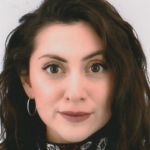
Laura Montes Lara
INVESTIGATOR
- laura.monteslara.pro@gmail.com
PhD candidate at UPN, researching how the different Catholic groups interact and influence each other in the Maya Tseltal capital of San Pedro Chanal (Chiapas, Mexico). Using a pragmatic approach and linguistic anthropology, she aims to understand how these groups define and understand the concept of kostumbre (custom) and their apparently distinct practices that meet during the annual ritual calendar. The challenge is to understand the porosity of the borders that separate, according to them, the different factions of traditionalist Catholics present in the village and the learning paths that led them to integrate their religious group of belonging.

Maddyson Borka
INVESTIGATOR
- maddyson.borka@gmail.com
PhD candidate in Linguistic anthropology at the UPN. Her research project focuses on how COVID-19 has been integrated into local conceptions of sickness, health, and personhood among the Aymara speakers of the Island of the Moon (Lake Titicaca, Bolivia). Her work draws upon two disciplinary fields: anthropology and linguistics. Her ethnography aims to show how coronavirus has been inserted into an understanding of sickness involving active non-human entities while focusing on the linguistic and pragmatic encoding of agency in discourses about coronavirus disease and others where the same type of local medicine has been used.

Philippe Erikson
INVESTIGATOR
- erikson@parisnanterre.fr
Professor of Anthropology at the UPN, and member of its Centre Enseignement et Recherche en Ethnologie Amérindienne of the LESC (Laboratoire d’ethnologie et de sociologie comparative, UMR7186). He is currently editor-in-chief of the Journal de la Société des Américanistes. His research interests include the semiology of Amerindian body ornamentation and material culture, comparative western Amazonian social organization, onomastics, and indigenous engagement with digital media and technology in Amerindian societies. His numerous publications are based on long-term shared experiences with Panoan Peoples (Matis of Western Brazil since 1984 and Chacobo of north-eastern Bolivia since 1991).

Romain Denimal Labeguerie
INVESTIGATOR
- r.denimal@gmail.com
PhD candidate in anthropology at UPN since 2020, under the supervision of Valentina Vapnarsky (CNRS) and Sergio Romero (UT, Austin). His ongoing research focuses on the discourses produced by Maya-Q’eqchi’ people concerning the category of “sacred places” (“lugares sagrados”). This new political category emerged in Guatemala during the second half of the twentieth century. His thesis examines how these discourses have very strong political indexicality and raise epistemic issues.

Sylvie Pédron Colombani
INVESTIGATOR
- spedronc@parisnanterre.fr
Lecturer in Sociology at UPN and a member of the EREA (Equipe de Recherche et d’Enseignement en Ethnologie Amérindienne), a specialist centre of the Laboratory of Ethnology and Comparative Sociology (LESC, CNRS – UMR 7186). Her expertise lies in the area of anthropology and sociology of religions. She has carried out research in Guatemala and in the United States with Guatemalan migrants. Her main research topics include the conversion to evangelicalism, the national and international dynamics of cults from indigenous Mayan communities, the religious patrimonialization, and the links between migration and religion.

Valentina Vapnarsky
INVESTIGATOR
- valentina.vapnarsky@cnrs.fr
Director of research at the Centre National de la Recherche Scientifique, member of the Centre Enseignement et Recherche en Ethnologie Amérindienne of the LESC (Laboratoire d’ethnologie et de sociologie comparative), UPN. She is also director of studies at the École Pratique des Hautes Études and teaches Maya at the INALCO in Paris. A linguistic anthropologist, she researches diverse topics related to Maya verbal and written practices in Mexico and Guatemala, especially in maaya t’aan (Yucatec Maya), which her teaching has brought to the French academic curriculum. From this experience and her involvement in the Wayana digital repatriation project SAWA (French Guaiana), she develops reflections on collaborative practices and digital returns in Amerindian communities.



